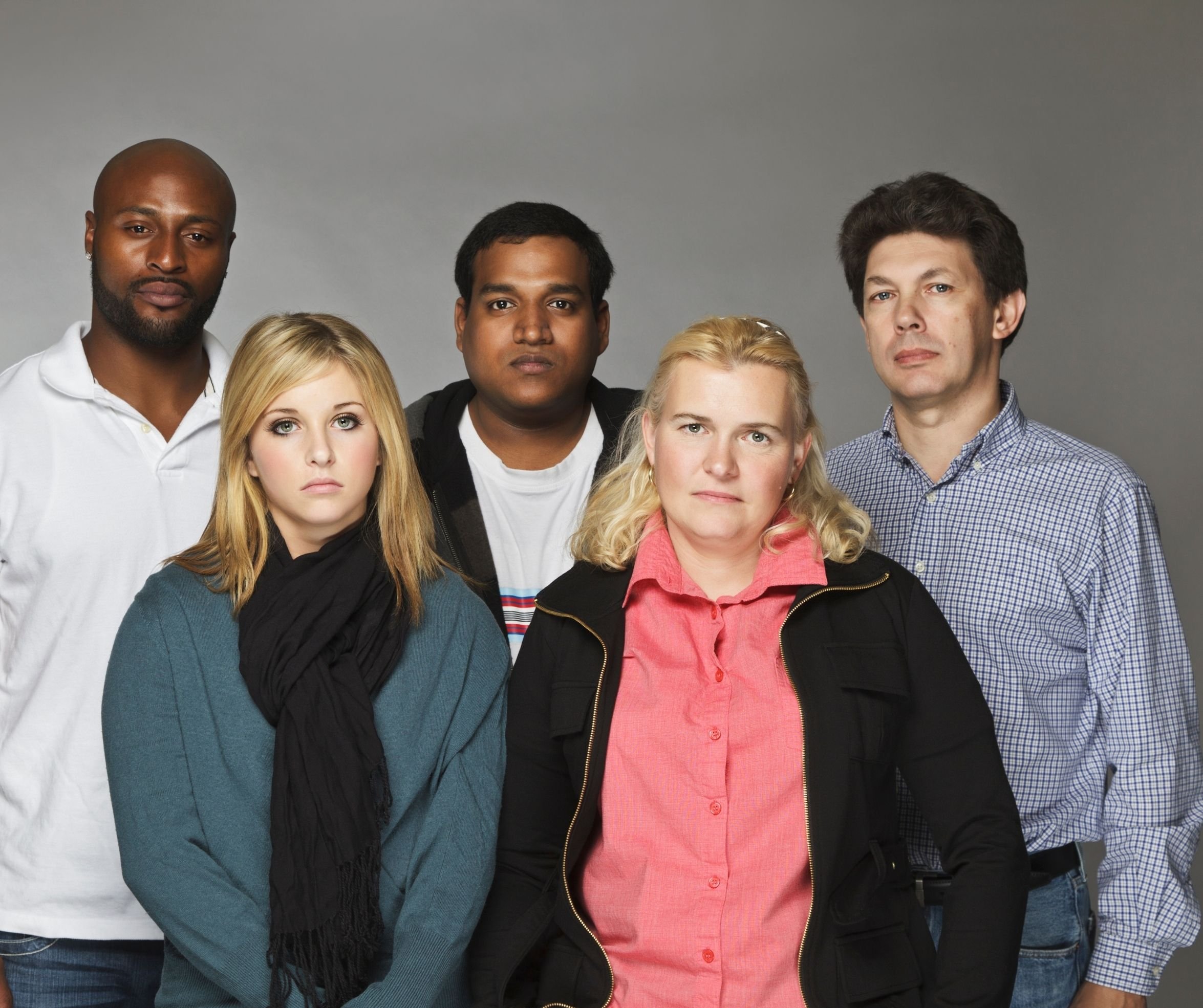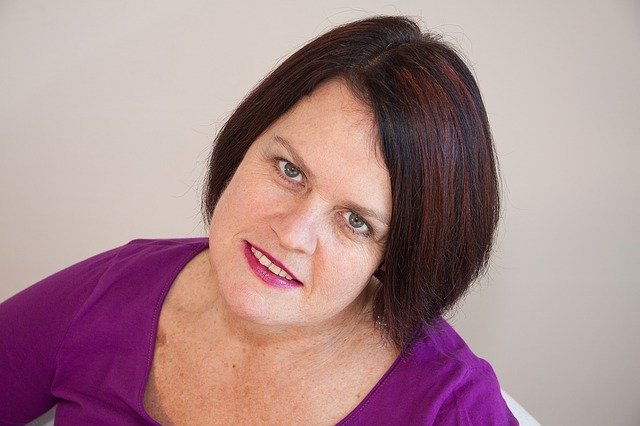What is Domestic Abuse?
Domestic abuse is an incident or pattern of behaviour that uses power to control a person with whom the abuser has a personal connection.
It’s about someone trying to control another person’s life. Abuse isn't just physical; it can be controlling, coercive or threatening behaviour, violence or abuse between those aged 16 or over who are or have been intimate partners or family members.
Domestic Abuse includes, but is not limited to:
Psychological abuse
Calling you names, putting you down, humiliating you in public, stopping you from going out or seeing your friends and family, turning your children against you, mind games, controlling your life, using pets as a means to control
Physical abuse
Such as slapping, punching, kicking, pushing you around, pulling your hair.
Sexual abuse
Forcing you to have sex with your partner or others
Economic abuse
Stopping you from having money of your own, keeping you with not enough money for the things you and/or your children need.
Emotional abuse
For example, threatening to kill themselves if you leave
Violent or threatening behaviour
Controlling or coercive behaviour
Parental
Abuse of children
Honour-based abuse
An incident or crime which has, or may have, been committed to protect or defend the ‘honour’ of the family and or the community.
Domestic abuse is a crime
Domestic Abuse can happen to anyone
Anyone can experience domestic abuse, regardless of age, gender, ethnicity, age, sexuality or social background. Children are victims too if they see, hear or experience the effects of abuse.
If you feel intimidated by or frightened of someone you have a relationship with, to the point that you feel that you have to change your behaviour, you may be experiencing domestic violence.
1 in 4 women will experience domestic abuse in their lifetime
2 women a week are murdered by their current or ex-partner
1 in 7 under 18's will have lived with domestic abuse in their childhood
The police receive 1 call every minute about domestic abuse
Power and Control
Domestic abuse is about Power and control. The Oasis Power and Control Wheel is based on a wheel created by survivors of violence in Duluth, USA. It, and wheels based on it, are used internationally, and can help people understand the different facets of abuse, coercive or threatening behaviour, violence or abuse between those aged 16 or over who are or have been intimate partners or family members.
psychological abuse
Psychological abuse can also be called emotional abuse or mental abuse. Psychological abuse includes a range of non-physical controlling behaviours that cause emotional damage and undermine a person’s sense of well-being.
Emotional and Psychological abuse can include:
Telling someone they are worthless
Telling them no one else wants them
Undermining a person’s actions, thought and beliefs
Telling someone they are weak and could not manage to look after themselves on their own
Making someone believe they are mad
Telling someone that the violence and abuse is their fault
Threatening violence or abuse to children or pets
That this behaviour may result in psychological trauma, including anxiety, chronic depression, or post-traumatic stress disorder.
ECONOMIC ABUSE
Economic abuse is when someone restricts, controls or sabotages a person's access to money or other resources e.g. food, clothes, transport, place to live.
Signs that someone is experiencing economic abuse:
Prevention from taking employment or taking your pay
Refusing access to a bank account
Taking children's birthday money or savings
Controlling how money is spent / dictating
what can be boughtControlling the use of property e.g. phones
Keeping financial information secret
Stealing your money or property
Insisting all bills, credit cards, loans are in your name and making you pay for them
Building up debt in your name, sometimes without your knowledge
If someone is controlling you and cutting off access to funds, you can get help.
controlling behaviour
Controlling behaviour might include making it hard for you to see family or friends, telling you where you can and can’t go.
It might involve stopping you from working or taking your money, making you feel down about yourself and calling you names. Controlling behaviour is a range of acts that make you feel like you do not have power.
Controlling behaviour can make you feel like you have to walk on eggshells around your partner or are constantly watching what you say or do in order to avoid a reaction.
It can make you isolated and anxious.
“When I look back, I can see that from the start of the relationship there were warning signs, like isolating me from my friends and family and controlling my money.”
coercive behaviour
Coercive behaviour is also about control – it means using force or threats to make you do something that you would not normally want to do. Coercive behaviour includes threats, humiliation, intimidation, violence or other abuse that is used to harm, punish, or frighten you.
“My husband used to be very controlling and manipulative. He would over dose and say he was going to kill himself. He would accuse me of affairs, he accused me of sleeping with one of my female friends and a lifelong family friend. He would lock me up in the house and take away my phone.”
Honour-based abuse
Honour-based abuse is an incident or crime which has, or may have, been committed to protect or defend the ‘honour’ of the family and or the community. ‘Honour’ can be the motivation, excuse or justification behind a range of violent acts against women and girls.
Honour-based violence includes:
Forced marriage
Domestic violence (physical, sexual, emotional or financial abuse)
Sexual harassment and sexual violence (rape and sexual assault or threat of rape and sexual assault)
Threats to kill
Social ostracism or rejection and emotional pressure
Denial of access to children
Pressure to go or move abroad
House arrest and excessive restrictions of freedom
Denial of access to the telephone, internet, or passport/key documentation
Isolation from friends and own family
Revenge porn and sharing intimate images
It is illegal to share or threaten to share revealing or intimate videos or pictures of someone without their consent.
If you have been the victim of this offence you can call the Revenge Porn helpline on 0345 6000 459 (Tuesday - Thursday 10 - 4pm) or visit www.revengepornhelpline.org.uk. You can also talk to us about your relationship.
Victims of domestic abuse face barriers
They may not realise that they’re being abused
The point of leaving is the most dangerous time for a victim and it can feel impossible
Emotional tactics may be in play such as harm to children, family, friends and pets if they report the abuse or try to leave
Financial control – no access to funds to support themselves if they leave
Physical or sexual violence means they are unable to reach support
Access to the phone, Internet or seeing other people is cut-off which means victims have no way to reach support
Friends, family and colleagues are ‘groomed’ to believe all is fine
If you or someone you know is experiencing, get help to create a safety plan and leave
“
Being in it, I didn’t identify in myself that there was an issue. I didn’t consider myself to be a victim for a long time.”
You can find out about the services that are available to victims of domestic abuse here, we also have ways to explore your relationship, and learn about safety planning. Reading the commonly asked questions can give you some more information.
The Cycle of Abuse
Abusive relationships usually have a cycle. Honeymoon > tension building > explosion > honeymoon > repeat.
It’s confusing and controlling, leaving victims feeling frightened, bewildered, and hyper-alert.
The Myths and Reality of Domestic Abuse
Watch our webinars
With our Kent and Medway Domestic Abuse Service partners, we’ve created a series of webinars to help everyone learn about domestic abuse and how to support survivors. The series includes a range of 15 minute bitesize videos and 1 hour webinars.





